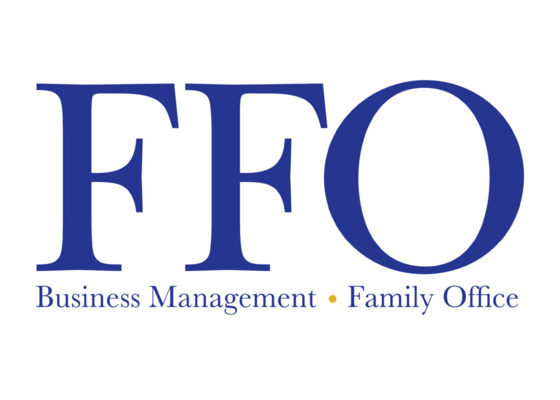Article by Russ Prince
More than 30% of financial advisors currently have some sort of joint venture arrangements. This is according to a study of 803 financial advisors. From the perspective of the three types of business models, 45% of multi-family offices, 40% of wealth managers, and slightly more than a quarter of the financial advisors have joint ventures that have generated meaningful revenues within the previous three years.
Moreover, nearly 70% of the financial advisors surveyed report being focused on establishing joint ventures with other professionals. Eighty percent of financial advisors running multi-family offices, 70% of investment managers, and somewhat more than 60% of wealth manager reported this is meaningful part of their marketing efforts.
According to John Bowen, founder of CEG Advantage and author of Becoming the Expert the Wealthy Want, “Joint venture with other professionals is a very effective way to gather assets and provide other services and products. While this is certainly not a secret, financial advisors creating some of the most successful joint ventures are not only bringing specialized expertise to the arrangement, they are bringing process capabilities as well. It is often not enough to have technical proficiencies, as they are only effective once client opportunities have been uncovered. By having strong process competencies, financial advisors are able to help identify clients who could benefit from their services and products.”
Most financial advisors are focused on creating joint ventures with complimentary professionals. For example, one approach is for the financial advisor to be the product back office for an accounting firm. These relationships can be highly advantageous to the client of the accounting firm as well as profitable for the accountants and the financial advisors. However, most of them – because of a lack of process capabilities – fall way short of expectations.
Another type of joint venture is between two financial advisory practices. The outpost family office is an example of this kind of arrangement. “In acting as an outpost family office, the multi-family office works with the other advisory firm to carefully set parameters focusing on the services and products to provide as well as clearly determining the nature of experience the foreign clients will have,” explains Rick Flynn, managing partner of FFO and author of The High-Functioning Single-Family Office. “With the proper forethought and commitment to exceptional client service by both advisory practices, the outpost family office can be a very productive joint venture.”
In all likelihood, financial advisors will be looking to create more and rev-up their joint ventures. It is quite an effective and efficient way of building their practices.
Originally posted on Forbes.com, November 8th, 2017. Original Article can be viewed here
